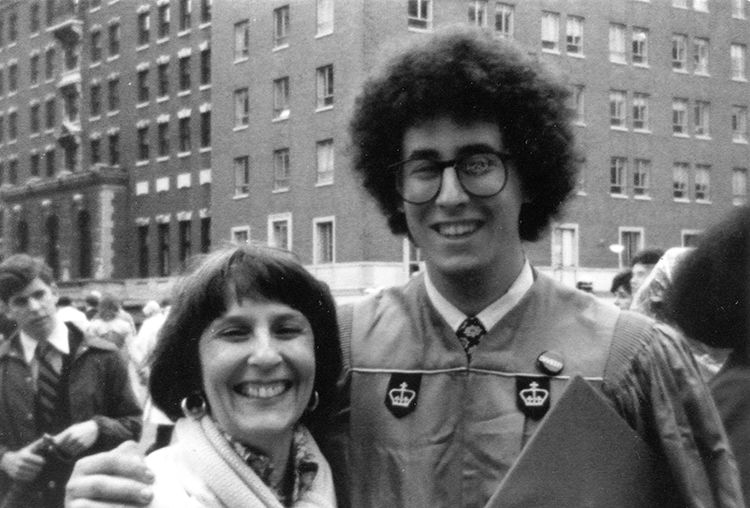My recent post about the big anniversary of The Christmas Bride didn’t say enough, I feel, about what goes on in the show. So, if you’re done unwrapping Christmas presents, perhaps it’s a good time for me to wrap up what always should have been billed as a two-part reminiscence.
One thing we knew would happen early in the show is a marriage proposal. From the stolid medical student next door to the younger of two sisters. In the original Dickens story, The Battle of Life, the reader is told that the wrong sister has been proposed to, since the older one is better suited in many ways. But in a dramatic narrative, you show, rather than tell, and librettist MK Wolfe and I kept considering how the audience feels at every point. Usually, marriage proposals are instantly embraced by audiences. We’d need ours to root against the betrothed couple – a wedding they’d hope would be called off. We wrote and rewrote the sequence several times, handling it in many different ways. I wrote a halting proposal song, but that led to too much sympathy for the would-be bridegroom. It eventually occurred to us that he’s too unromantic a lug to sing his proposal. He should stammer, unmusically.
Betrothed couples get toasted, and are given advice. And this notion led to an effective way of introducing a whole bunch of characters rather swiftly. I created a large quodlibet in which different songs had different people advise in ways that defined them. So the paterfamilias is blithe and jocular. The sister emphasizes romance. Attorneys oh-so-properly have them sign papers. Each tiny ditty has a completely different feel, and then they all get repeated simultaneously.
Songwriters often raid the script for bits of dialogue that could become a song. So, a dashing fellow compares a girl he fancies to a thoroughbred. And this got me thinking about his relationship with his horse. The big solo I created for this character is, in fact, sung to his horse – a fairly unique idea. (I was aware of Lover, the Rodgers and Hart song in which Jeanette MacDonald addresses the horse she’s riding in Love Me Tonight.) In The Christmas Bride’s number, you can’t always tell whether the fellow is talking to his horse or himself. It’s fun, and I’m proud that the lyric is extraordinarily succinct.
It’s a huge contrast with the Act One finale, which shows various types of people in various locales, and you can almost hear horse hooves in the accompaniment. There’s a virtue in bigness: think of the Tonight Quintet in West Side Story and the excitement that comes from the convergence of so many forces.
MK Wolfe’s libretto is a fun and fine melodrama, and at one point the plot has two men searching for the same heroine. But, meeting for the first time, they think they’re talking about different women, and I was able to mine this moment for a funny duet that gets laughs, make us like both characters, and is passably romantic.
The roulette sequence is a colossal musical scene within a small-cast musical. It feels very large because so much is going on. A fellow with a gambling problem is goaded into betting more and more, and the stakes are high in more ways than one.
As a direct result of the events in this number, our leads are imprisoned in two different locales, but I gave them a split screen duet. We hear from both at once, and this is the closest they come to a traditional love song.
The Christmas Bride makes much use of subtle repetition. Snatches of song heard in one place returns within another song. A famous example of another show that does this is Merrily We Roll Along, in which the bridge to Rich and Happy returns later as Our Time. And The Hills of Tomorrow is the basis of both Who Wants To Live In New York? and Good Thing Going. Of course, Merrily has been rewritten so many times, the production you see may not include either Rich and Happy or The Hills of Tomorrow, but originally they were all linked.
Something similar happened to The Christmas Bride. The awkward marriage proposal that used to be set to music is heard, in a more fraught tempo, from the same character in the first act finale. But now that the proposal’s been cut, it’s new material, not a reprise.
But don’t get the wrong idea: I am not comparing The Christmas Bride to Merrily We Roll Along. One’s a successful musical that people love, production after production; the other, an interesting failure in which the action goes backwards.




 Posted by Noel Katz
Posted by Noel Katz 

